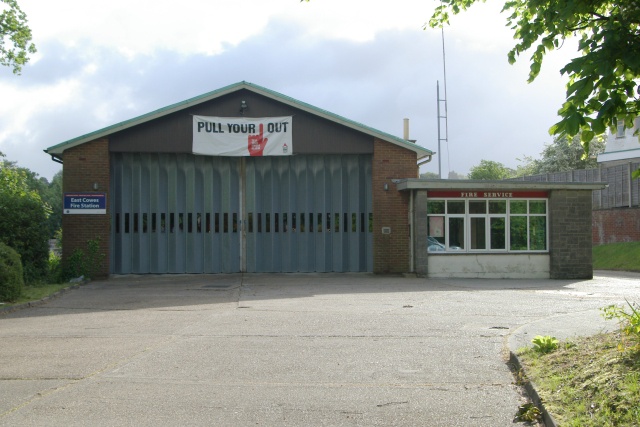
Lack of investment in fire stations on the Isle of Wight has meant the buildings are considerably below the standards of those in Hampshire.
Part of a report was read out in a public meeting of the Hampshire and Isle of Wight Fire and Rescue shadow authority, revealing the state of the Island’s fire stations — a view the Fire Brigades’ Union agrees with.
Councillors from both the Isle of Wight Council and Hampshire County Council did not comment and eventually held the rest of the meeting in private session, discussing improvements to the fire stations managed by the new Combined Fire Authority (CFA).
The CFA, a coming together of the Island’s and Hampshire’s fire and rescue services, is acting as a shadow form until April 2021 when it will take force.
At the meeting, in a debate as to whether the councillors should head into private session, Hampshire’s Cllr Jonathan Glen explained why the report should be heard in private by reading, in public session, two points that highlighted the poor physical conditions of the Island’s fire buildings.
He said:
“The [buildings] physical conditions are considerably below the standard of those on the mainland. This lack of direct investment over several years has led to a reduction in the standard of the physical built environment for which the fire service operates.”
Cllr Dave Stewart, leader of the Isle of Wight Council, who attended the meeting, voted for the rest of the report to be heard in private but said he thought the information should be made public as soon as possible.
Speaking after the meeting, Cllr Stewart said the operational response of both Hampshire and Isle of Wight firefighters had not been impacted by the issues with the Island’s fire stations.
A wide-ranging station investment programme will start under the new CFA, which Cllr Stewart says the Island will benefit from.
Cllr Stewart said:
“While Hampshire does have some newer, comparatively modern stations, such as Basingstoke which opened in 2018, it also has others which are more than 60 years old and scheduled to be rebuilt.
“The IWFRS has prioritised its investments over recent years in state-of-the- art fire engines, specialist equipment which Hampshire has since adopted and personal protective equipment.”
Spencer Cave, the Isle of Wight’s Brigade Secretary for the FBU, said while he agreed appliances and specialist equipment had been invested in, with a new fire engine bought in 2017, the resources were committed to the service under the previous administration and not the current Conservative ruling party.
Mr Cave argued the fire and rescue service has not been properly funded for at least two decades, with some projects not getting past the planning stage, promises falling flat or only parts of stations getting upgraded but causing multiple issues.
Newport Fire Station, has had the shower area refurbished. Mr Cave said the work cost in excess of £26,000 which has had to be revisited at least three times due to leaks and the poor quality of flooring.
Mr Cave said:
“We understand central government has cut the cash to local councils under its austerity lie and the council has very little resources but it does waste so much money using one approved contractor.
“Retained duty system (RDS) stations have had very little expenditure — Bembridge has had a leaking roof for at least ten years, that is a health and safety hazard. East Cowes also has a leaking roof.
“The facilities on the RDS stations are not acceptable for a modern service and are like stepping back into the sixties.
“The current council has spent very little since the CFA was announced, knowing the burden would be taken from them. The CFA has said it will spend money on the estates, but we shall wait and see.”
In public consultation documents about the idea of a CFA, it was said the current fire stations would require £2.3 million to keep the estate a safe place to work back in 2018.
By Louise Hill, Local Democracy Reporter

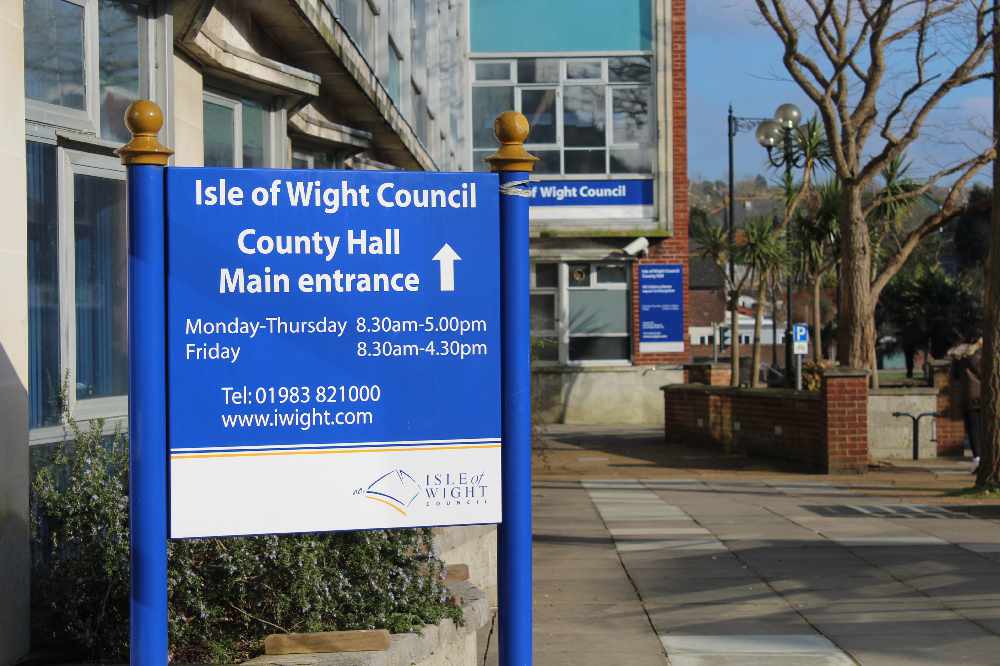 Eight Key Decisions County Hall's Cabinet Took This Week
Eight Key Decisions County Hall's Cabinet Took This Week
 Island Buses To Be Given Priority At Traffic Lights Under New Plans
Island Buses To Be Given Priority At Traffic Lights Under New Plans
 Motorist Suffers Injury Following Arreton Crash
Motorist Suffers Injury Following Arreton Crash
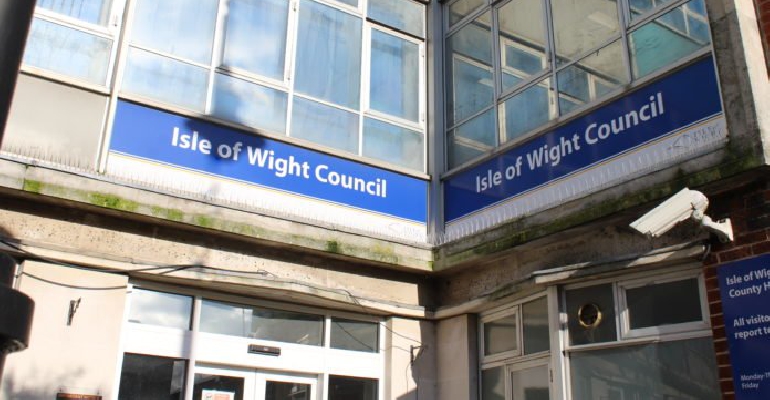 'No Plans' To Combine Isle Of Wight Council With Other Local Authorities
'No Plans' To Combine Isle Of Wight Council With Other Local Authorities
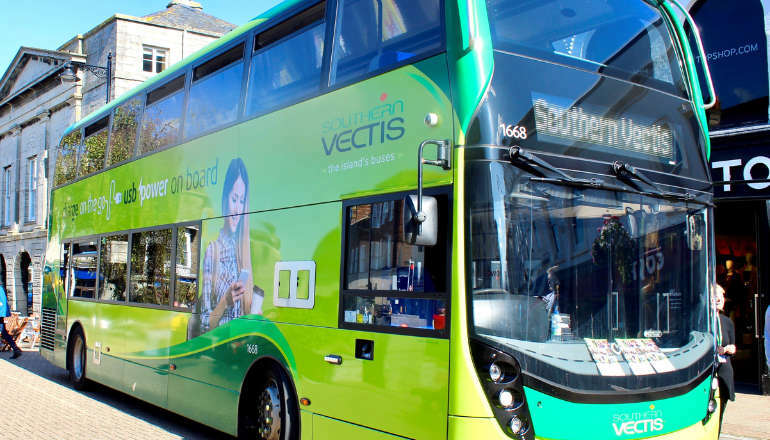 Isle Of Wight Bus Passengers To Receive Live Service Notifications On Phones
Isle Of Wight Bus Passengers To Receive Live Service Notifications On Phones
 County Hall To Go Full Steam Ahead With Controversial Government Devolution Plans
County Hall To Go Full Steam Ahead With Controversial Government Devolution Plans
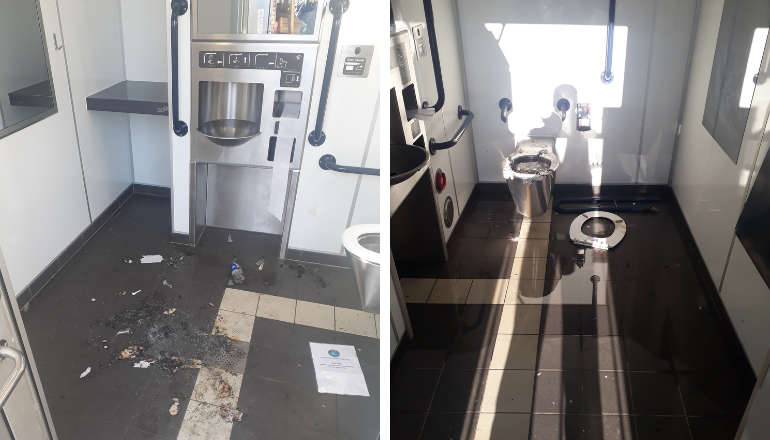 Arson Attempt Closes Accessible Toilets
Arson Attempt Closes Accessible Toilets
 Joe Robertson Urges Isle Of Wight Council To Reject Mainland Mayoral Proposal In Open Letter
Joe Robertson Urges Isle Of Wight Council To Reject Mainland Mayoral Proposal In Open Letter
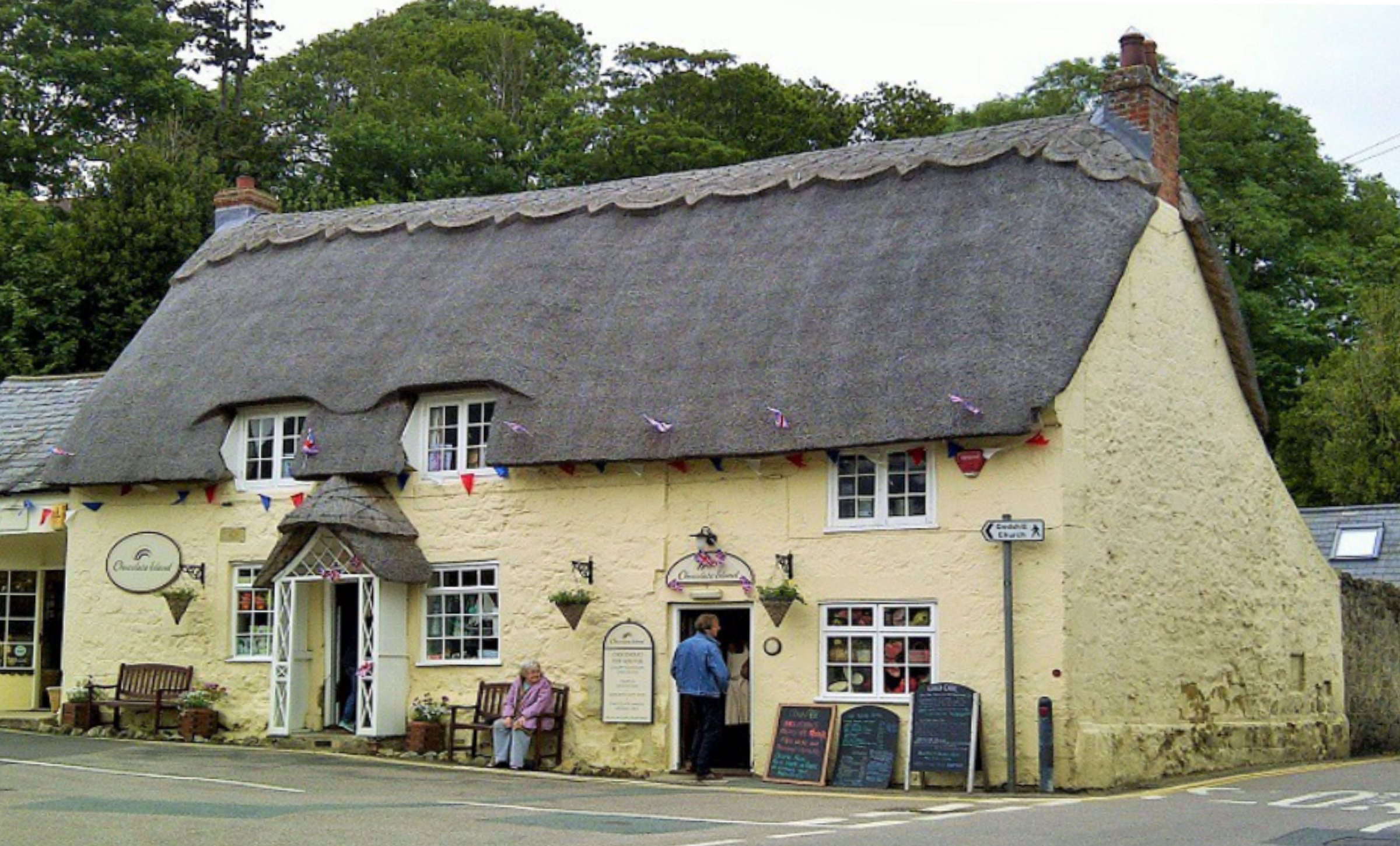 Find Out What Is Happening To Godshill's Former Chocolate Shop
Find Out What Is Happening To Godshill's Former Chocolate Shop
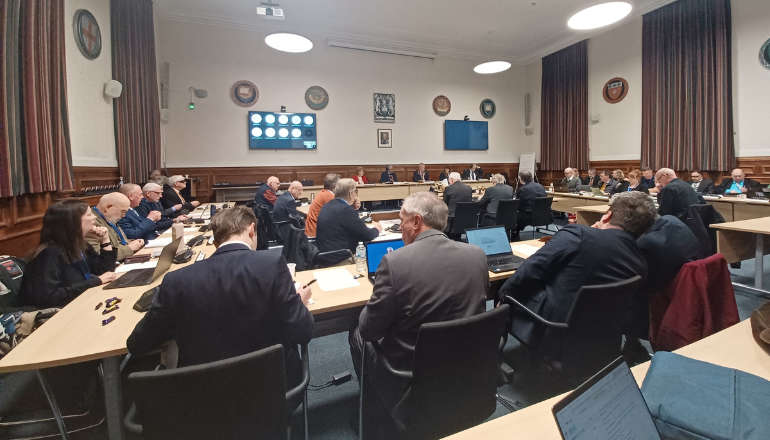 Key County Hall Body Votes Against Controversial Devolution Plan Proposals
Key County Hall Body Votes Against Controversial Devolution Plan Proposals
 Snow Forecast For Isle Of Wight As Temperatures Continue To Plummet
Snow Forecast For Isle Of Wight As Temperatures Continue To Plummet
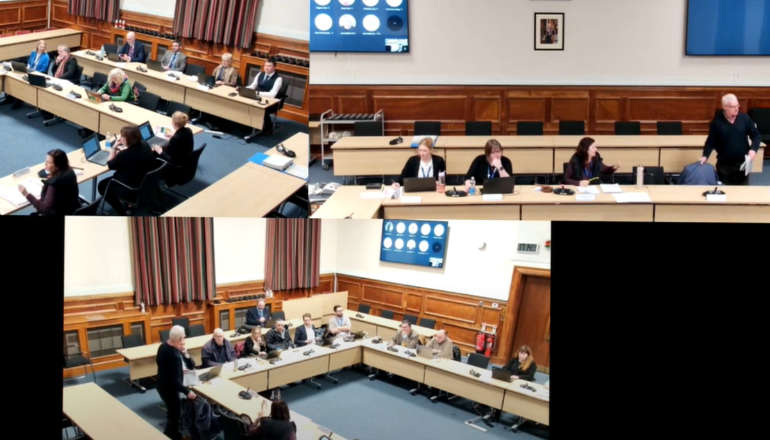 County Hall 'Manipulation' Row Leads To Resignation And Walkout By Councillor
County Hall 'Manipulation' Row Leads To Resignation And Walkout By Councillor
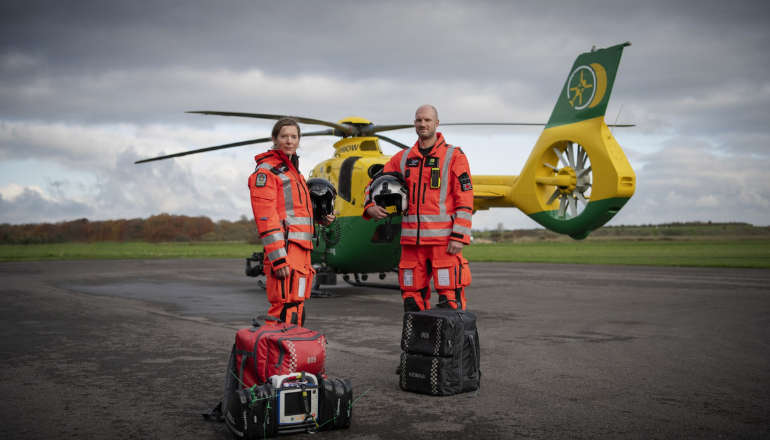 Busiest Year On Record For Hampshire And Isle Of Wight Air Ambulance
Busiest Year On Record For Hampshire And Isle Of Wight Air Ambulance
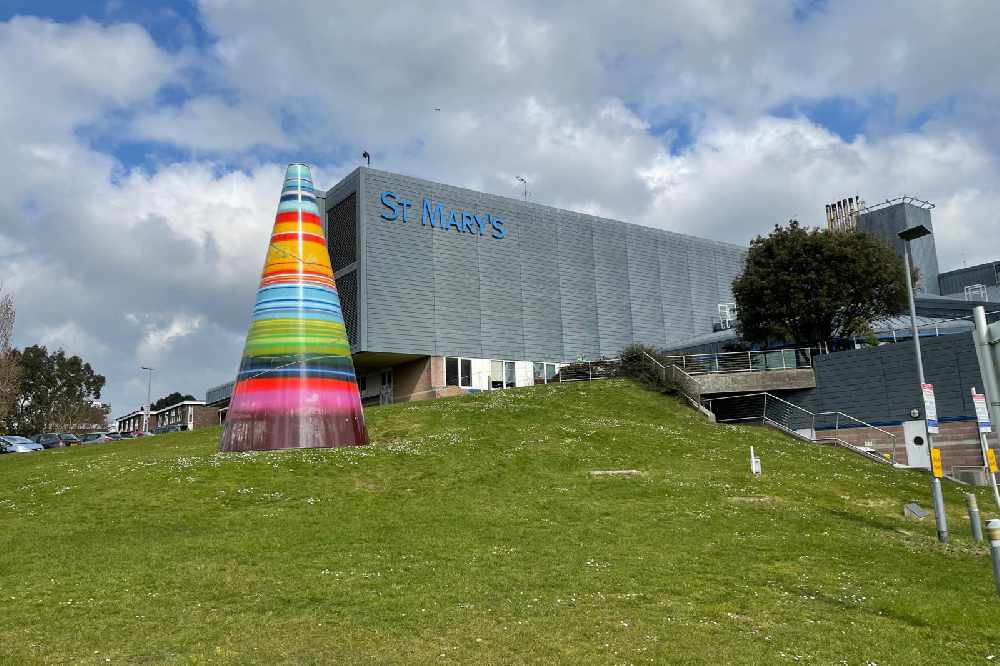 Local NHS Asks For Your Help As Hospitals Face One Of Busiest Winter Weeks
Local NHS Asks For Your Help As Hospitals Face One Of Busiest Winter Weeks
 Sports Awards Entry Deadline Extended
Sports Awards Entry Deadline Extended
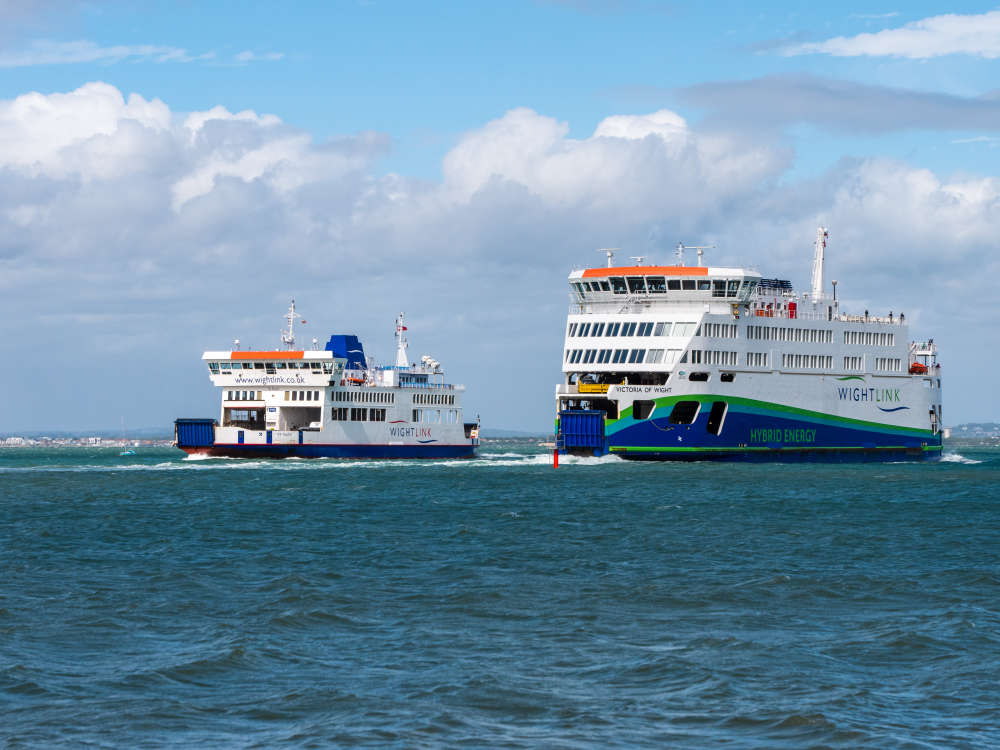 Less Than Two Weeks Left To bid For Share Of Wightlink’s £10,000 Green Innovation Fund
Less Than Two Weeks Left To bid For Share Of Wightlink’s £10,000 Green Innovation Fund
 Man Jailed For Isle Of Wight Drug Supply Offences After Police Seize Large Quantities Of Cash And Drugs
Man Jailed For Isle Of Wight Drug Supply Offences After Police Seize Large Quantities Of Cash And Drugs
 Emergency Services Called To Two-Vehicle Crash In Newport
Emergency Services Called To Two-Vehicle Crash In Newport
 Investigation Launched After Ryde E-Bike 'Hit And Run' Leaves Woman Injured
Investigation Launched After Ryde E-Bike 'Hit And Run' Leaves Woman Injured
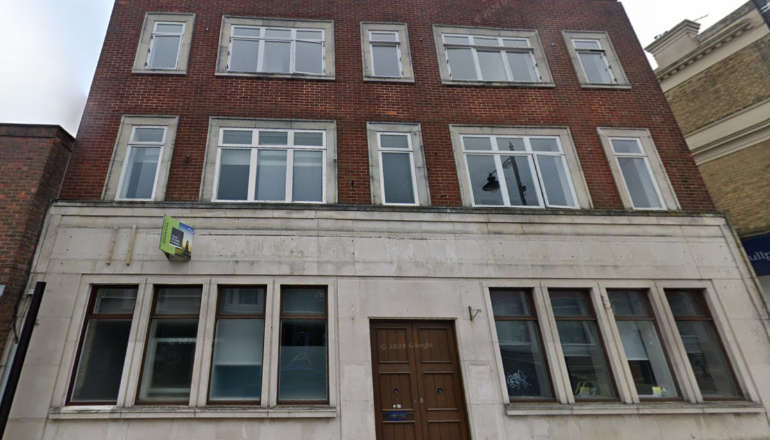 Ten-Surgery Dental Practice Could Open In Island Seaside Town
Ten-Surgery Dental Practice Could Open In Island Seaside Town


